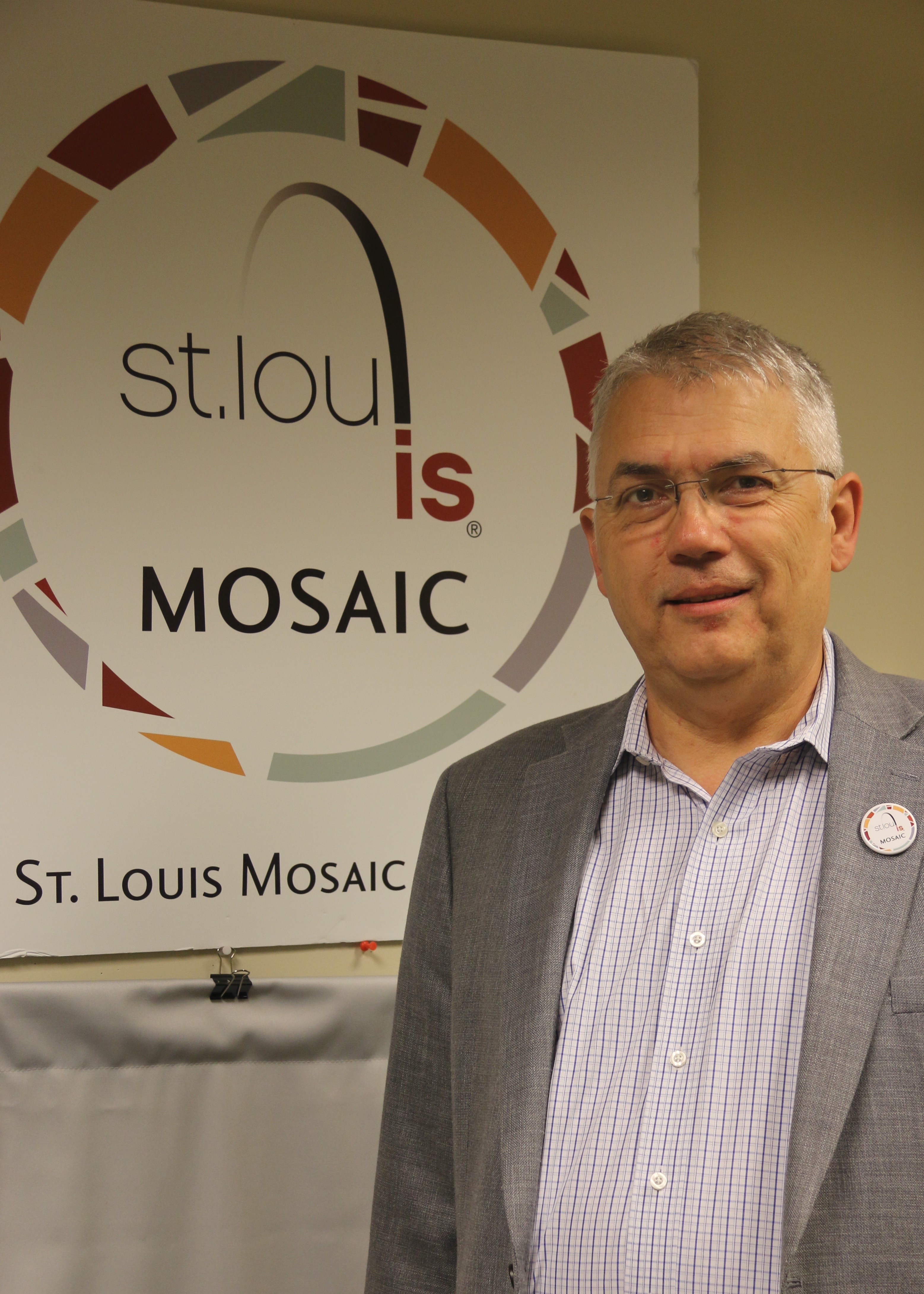
Sorin Vaduva
As an engineer living in Romania after the revolution of 1989, Sorin Vaduva started his own business, became the Chief Information Officer at a research institute, and taught computer science courses at a local high school. When his wife received a grant from the National Institute of Health to work in the United States, the opportunity was too good to pass up, and she moved to Hershey, Pennsylvania the following January. Not wanting to leave his students without a professor, Sorin stayed in Romania for the remainder of the school year, and he flew across the Atlantic six months later to join his wife. Twenty-two years ago, he set foot in the United States with four-hundred dollars, his luggage, and an extensive background in engineering and technology.
Throughout his eight years living in Hershey, Sorin worked in the same space – a lab within the Department of Anesthesiology at Penn State University. While he did encounter challenges, such as learning conversational English and becoming accustomed to American culture, throughout his time working at the lab, he worked his way up through different positions. During the 1990s, the lab was pioneering the concept of medical simulation, which was relatively unknown at the time, and Sorin served as the technical person behind the lab’s success in this new field.
In 2000, Sorin’s wife accepted an offer to move from academia into industry to work for Monsanto in St. Louis beginning January 1st. Once again, he did not want to leave his students mid-year, so his wife moved in January and he followed her to St. Louis six months later. His first professional endeavor in St. Louis was the starting of his own business, where he did consulting work in medical simulation and engaged in the development of medical devices. A few years later, he decided to attend the Olin School of Business at Washington University in St. Louis to receive his MBA. He immersed himself in the entrepreneurial scene through his work with programs which later evolved into the Skandalaris Center for Entrepreneurship, and his involvement in the Taylor Community Consulting Program. He found himself very interested in the entrepreneurship field, and decided to stay close and involved.
Sorin’s entrepreneurial spirit coupled with his experiences as an educator inspired him to use his role and expertise to help people solve problems in the community. Aside from serving as a board member at Missouri Venture Forum, and acting as the Chief Technology Officer at his own company, he works with a variety of individuals and companies in the St. Louis region, trying to enhance the community of entrepreneurs. “I’m an educator,” he explains, “so I educate – teaching, mentoring, advising, consulting – they mean the same thing but are done in different contexts and have different outcomes.” As an immigrant himself, he understands the challenges that foreign-born people face when coming to this country in hopes of starting a business. As a Mosaic Fellow with the St. Louis Mosaic Project for six months in 2015, Sorin used his experience and expertise to assist other foreign-born people in the region. On an ongoing basis, he works with startup companies owned by foreign-born people as well as with people who are coming out of university programs who are interested to start a business, and are willing to work to stay in St. Louis. “I help people with anything from information about technology, business management, and strategy, while also giving advice on personal issues like visas and how to navigate American cultural norms,” he explains. “I try to offer a place for these people to find out what their problems are, and outline to them opportunities and directions to what they should be doing. By the time they are done with me, they understand what they need and what they should focus on.”
Sorin sees St. Louis as an attractive city in which to work and live, a city that continues to grow and evolve and also fosters a welcoming and supportive community for its inhabitants. “If you come to St. Louis, you find people that are honest and really trying to help you, you just need to ask.” While he still remains connected to his Romanian roots, Sorin now feels very much a part of the St. Louis community and American culture. “We still enjoy cooking and eating traditional Romanian foods. We enjoy following some of the customs, but we have adopted new customs here too - it's double for us.”
Sorin’s story epitomizes the road to success of an immigrant entrepreneur in St. Louis. He is proud to call himself a member of the community, and truly believes that the region has the resources and the people to help other foreign-born individuals achieve their goals. “If you want to do something, if you want to achieve something, [St. Louis] is the perfect ground for doing so. It is a nice place to be. There is not much competition, you are welcome, you can develop yourself…you can make it here.”

